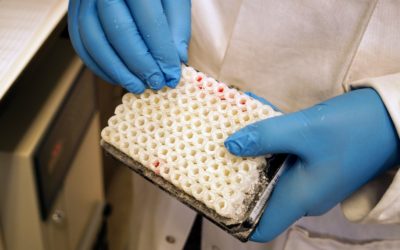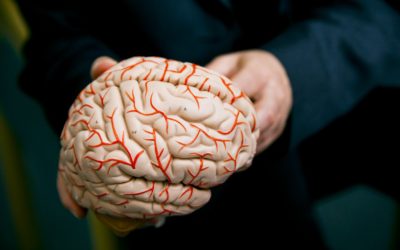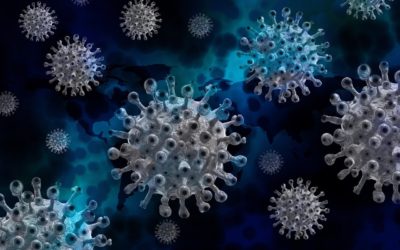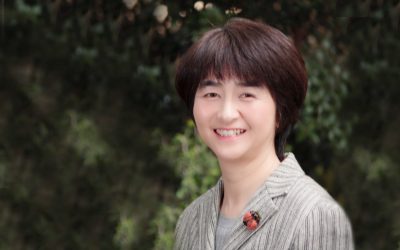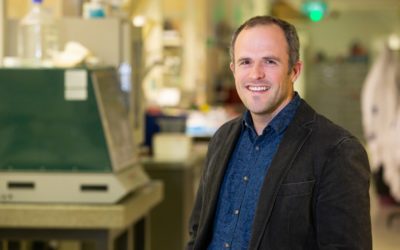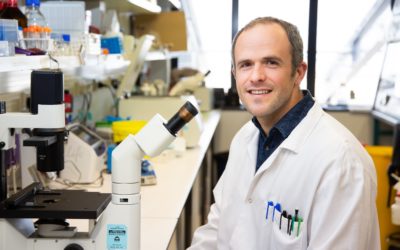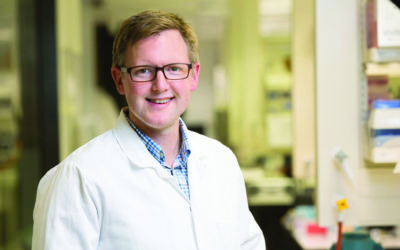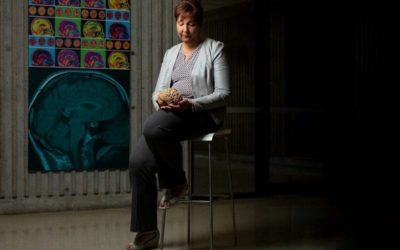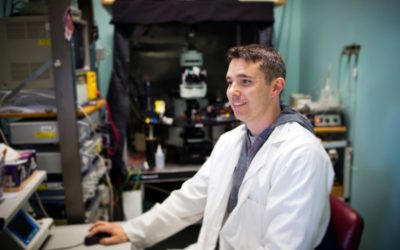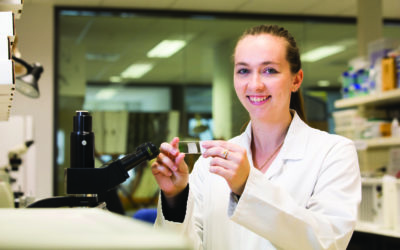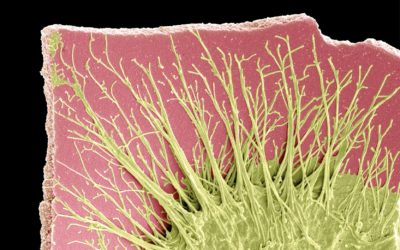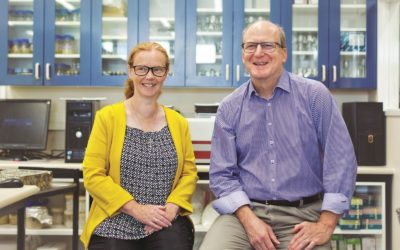Our Dementia Prevention Research Clinics (DPRC) just celebrated an exciting success. After months of extensive preparations in Auckland and with the help of DPRC Tissue Banks in Christchurch and Dunedin, Dr Erin Cawston and her DPRC Tissue Bank team couriered off some...
Biology of the Ageing Brain
Brain Research New Zealand awards Strategic Grants
Brain Research New Zealand is very pleased to report that it has made a further set of grant awards, for short-term projects running in the first half of 2021. While these grants are necessarily short-term due to the Centre of Research Excellence winding up after June...
Brain Research New Zealand funds COVID-19 research projects
Brain Research New Zealand (BRNZ) is very interested in addressing a number of brain health-related issues arising from the terrible pandemic that has spread across the globe. Even though New Zealand has been relatively spared, nonetheless ~2000 people have been...
Assoc Prof Yiwen Zheng: Solving the tinnitus puzzle
When Assoc Prof Yiwen Zheng first dipped her toes in tinnitus research more than 16 years ago, she was drawn to it quickly because of two simple facts. First, tinnitus is a widespread condition. It affects 6% of New Zealanders and 13.5% of people over 65 years – and...
The link between Covid and Parkinson’s
Dr Victor Dieriks examines concerns that the rapid onset of Parkinson's disease motor symptoms after Covid-19 infection suggests a causal link. Since the start of this pandemic, neuroscientists have become increasingly concerned that Covid-19 could result in...
Stalling Parkinson’s disease is Auckland scientist’s goal
What if doctors could stall Parkinson's before the shakiness started? That's the ambition of a University of Auckland scientist. Brain Research New Zealand member Dr Victor Dieriks, of the Centre for Brain Research in the Faculty of Medical and Health Sciences, just...
Your nose: the window to your brain
The nose and sense of smell provide early indicators of Covid-19 and neurodegenerative diseases, and could be important in determining the cause of diseases, writes Professor Maurice Curtis of the University of Auckland. Have you ever experienced a momentary smell...
‘Crazy’ idea leads to brain disease breakthrough
How a hunch led to a new way to grow human brain cells in the lab to investigate an array of challenging disorders. When it comes to the brain disorders that occur with ageing – Alzheimer’s, Parkinson’s and Huntington’s diseases – there is no cure. The illnesses are...
Could self-regulating synapses help us better understand Alzheimer’s?
The University of Otago’s Dr Owen Jones never planned to come to New Zealand. Looking for adventure after completing a psychology and neuroscience degree at the University of Liverpool, he moved to Japan to teach English. There, he met a kiwi woman, “and you can...
Dr Helen Murray: The best of both worlds
Helen’s love for science started when she was very young, a spark ignited by her dad. “We would sit down and he would teach me about molecules as a little six year old,” Helen says. “I think that’s my earliest memory of science.” As a teenager, when her dad got sick...
Knocking out proteins on the hunt for treatments
In Prof. Mike Dragunow’s lab at the University of Auckland, they grow human brain cells – everything from star-shaped astrocytes and neurons, to the focus of his latest research paper, microglia – the brain’s “surveyors”. For the past twenty years, BRNZ Principal...
A very special protein: Reducing deficits in Alzheimer’s disease through gene therapy
Alzheimer’s disease, the most common form of dementia, is a degenerative brain condition that progressively impairs memory, thinking and reasoning skills. It is estimated that it affects 10% of New Zealanders over 65 years and 25% of people over 85. Currently,...
